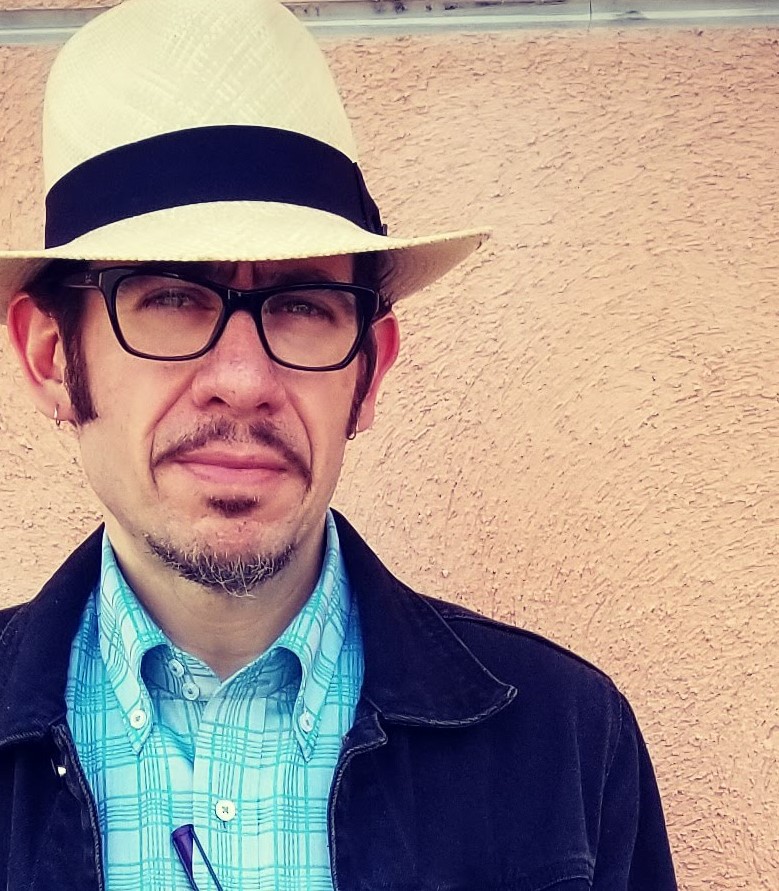Here is a good article for teaching students to apply critical thinking to research. The title is “Three Ways to Tell If Research Is Bunk” and it appeared in The Atlantic on November 30th.
Why you need to remain skeptical of research, especially in the social sciences
Scholars writing in the journal Science in 2015 reproduced 100 experiments published in three highly influential psychology journals and found that just 36 percent yielded results consistent with the original findings.
How studies go wrong, even in the hard sciences
[Stanford University] attributes this problem to a series of study flaws: experiments that are too small to trust; cases in which a result seems valid because of mathematical sleight of hand but is effectively meaningless; poor experimental designs; and — the most entrenched — academic bias caused by career incentives to find particular results.
How much research you need to do on a topic
In preparing each week, I usually get the lay of a research landscape and then closely read 10 or 12 relevant academic articles.
How to maintain perspective when you read something that feels sensational
… subject behavioral science to what I call the “grandparent test”: Imagine describing the result to your worldly-wise older relative, and getting their response. (“Hey, Grandma, I found a cool new study showing that infidelity leads to happier marriages. What do you think?”)
“… our novelty- and technology-obsessed culture is brimming with bad ideas and misinformation.” – Arthur C. Brooks
Three Ways to Tell If Research Is Bunk – The Atlantic
Research can be too cutting edge
I keep a file (my “wine cellar”) of very recent studies that I trust but that I want to age a bit before using for a column.
How to avoid falling for novelty
I rarely write a column because I find an interesting study. Instead, I come across an interesting topic or idea and write about that. Then I go looking for answers based on a variety of research and evidence. That gives me a bias — for useful studies over clever ones.
Three Ways to Tell If Research Is Bunk – The Atlantic
He also includes some good links to academic studies that students might find useful if they need to write papers on the subject. Click on the hyperlinks to navigate to those articles.


Leave a comment